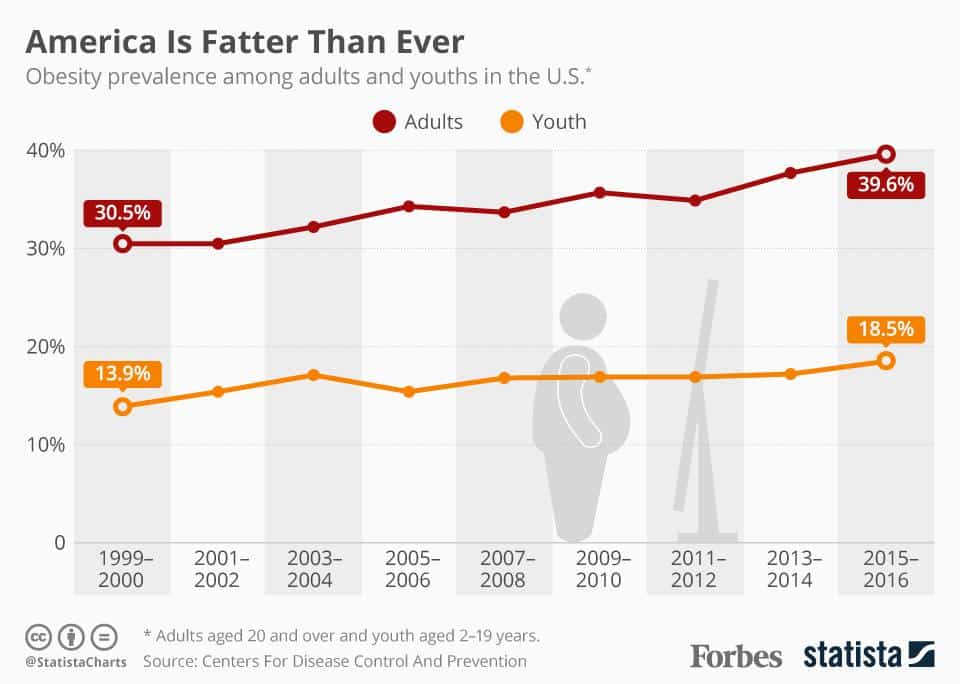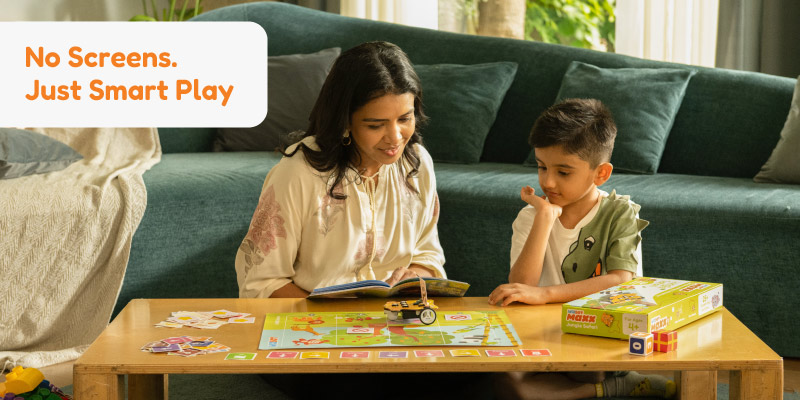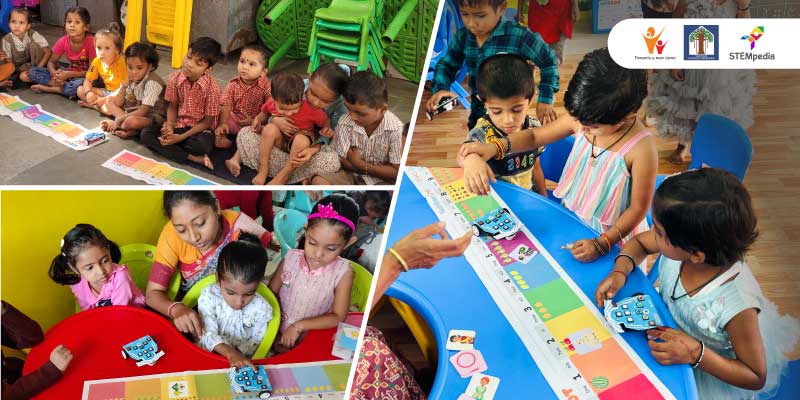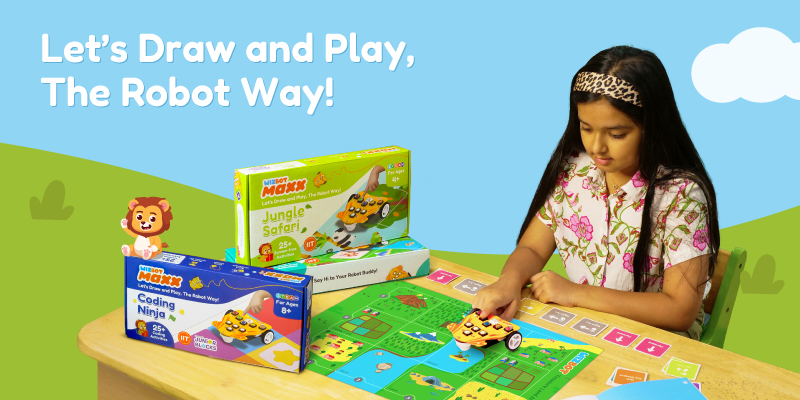Parenting isn’t child’s play. If it were, children wouldn’t need parenting, would they? Jokes apart, parenting surely is one of the most difficult (if not the most difficult) ‘jobs’ in the world; you bring a new human into this world and with it implicitly swear to take responsibility of his/her upbringing — from ensuring that your creation has a roof above their head, sleeps with a full belly at night, and feels safe, to taking care of their education, what they are exposed to and they must be refrained from, and seeing to it that they do not develop the questionable habits. And it doesn’t come with a manual or a sign about all that it holds in store; neither are their grades or a system that informs you whether you’re doing it right or not. So it all boils down to you, your capabilities, and most importantly, how you perceive this herculean, yet surreal ‘endeavor’. Pretty straightforward, eh?
The Digital Age – Boon or Curse?
After years of experiences, advice, and anecdotes, when people thought they might have figured life out, another Big Bang happened: the Big Bang of Digitalization. A revolution also considered the Third Industrial Revolution, that opened to the world endless possibilities, opportunities, and marvels that people couldn’t even dream of in the past. This revolution has brought innumerable benefits with it and made our lives smooth sailing but it has brought an equal number of concerns that nobody in the past ever faced.
Technologies such as computers, laptops, and mobile phones have changed our lives completely; but the one who takes the cake is the Internet. It has brought the entire world to us in a 150 g of yet another technological marvel; just a few touches, clicks, and swipes and you know what is happening in Australia while you comfortably sit in a grandfather chair somewhere in the United States, sipping hot coffee, or perhaps you’re jumping between ‘how-to’ articles as you look after your kid, if you’re a parent. Whoever you may be, you know that this magical device always saves the day for you.
However, with children getting access to these technologies at a much younger age and this number going down as the time progresses, is worrisome. There is no denying the fact that technology, provided it is used wisely, can help children with their learning and aid them in developing skills such that are imperative in the 21st-century, but, as of today, the negatives outweigh the positives. The effects cover a wide range, right from physical to mental.
With the advent of the information age, children are becoming more and more sedentary, as opposed to their parents, who had a more active and playful childhood. Due to this lifestyle, apart from deprivation of the benefits of spending time outdoors, children’s health has been declining. Take obesity, for example. Its rates among children have been on the rise in the past few years. According to the findings from the Centers for Disease Control and Prevention, the obesity rate among America’s youth is currently 18.5%, as opposed to 13.9% in 1999–2000.

More vexing are the effects on the growing yet innocent minds of the children. With a plethora of sources of new information, new people, new ideas, and new ‘experiences’ available at a click, children tend to easily get attracted towards these unexplored territories and hence lose track of reality. This distraction, if left unnoticed or unchecked, can greatly alter their personalities and cost them their pure self, their childhood, and sometimes even their lives.
A classic example of kids suffering due to increased exposure of technology is the Blue Whale Challenge, a social networking phenomenon that is claimed to have pushed over 100 children to commit suicide, is considered to be an online ‘game’ that assigns tasks over 50 days. These tasks include elements of self-harm at a later stage with the final task instructing the player to commit suicide. A similar challenge, called the Momo Challenge, has also reportedly caught the wind in the last couple of days.
The Solution to the “Curse” Aspect?
Numerous examples testify that something’s going wrong. Children’s changed attitude, especially towards their parents, makes it even more difficult for them to reach out to their kids and help them. However tough it may seem, it is exactly the time where parents must be there for their children and help them. But remember, helping isn’t to be confused with constant monitoring and imposing harsh rules or scolding. Being a parent you can and must set out certain guidelines but make sure that your children don’t feel restricted and that they are being wronged.
Making a media plan for the kids and for yourself wherein you allot certain hours for using technology and encourage them to do other activities such as spending time outdoors, taking up a course that interests them, or learning a musical instrument in the remaining time is one of the many ways where you can make them understand the importance of having a balance. What is more, if you follow the plan as well, it would have a far deeper impact on them than just telling them what to do, because kids don’t hear us; they imitate us.
The digital age has a lot of offer. And it is expanding at a speed so swift that to keep up with it, one must not only learn how to use it efficiently and wisely but also become a part of it, know what goes on backstage. This would not only make them respect the technology that they use but also encourage them to become active contributors in the field of technology. For that, you can motivate them to utilize their screen time to learn more about the world they live in. The perfect modus operandi for it is to introduce STEM into their lives. But hey, what is STEM? The essence of STEM is to teach science, technology, engineering, and mathematics, the backbone of the world and its technology, as one integrated subject with experiential learning at its core so that children relate to the world better, understand it better, and develop a sense of responsibility towards it and contribute to its amelioration.
If you’re thinking that how in the world you’d introduce STEM to your children and encourage them to delve deep into it, here’s a solution: dive into it together. Yes. Explore the unexplored with them. Learn new things, try them out, and discover how they work by performing experiments together. Who said parenting has to be instructing kids what to do and knowing it yourself first before you ask them to?

In a Nutshell
Parenting sure is a tough job and there isn’t one right way to do it, and the advent of the digital age hasn’t made it any easier as of now. Children indeed need to be protected from the invisible and unknown dangers lurking out there. But that doesn’t mean one must become the CIA. It’s okay to casually ask questions about the who’s and the what’s once in a while but monitoring them 24×7 would backfire. Sitting together, discovering new things, encouraging them to explore would have a far deeper impact than just keeping track of their activities from afar. The digital age is here to stay and will only grow further. Hence, encouraging children to understand it, learn more about it by exploring STEM subjects, and tinkering with different things would prevent them from going off track and help them become active contributors to this age rather than remaining mere passive consumers.
Feature image is taken from rawpixel.com








